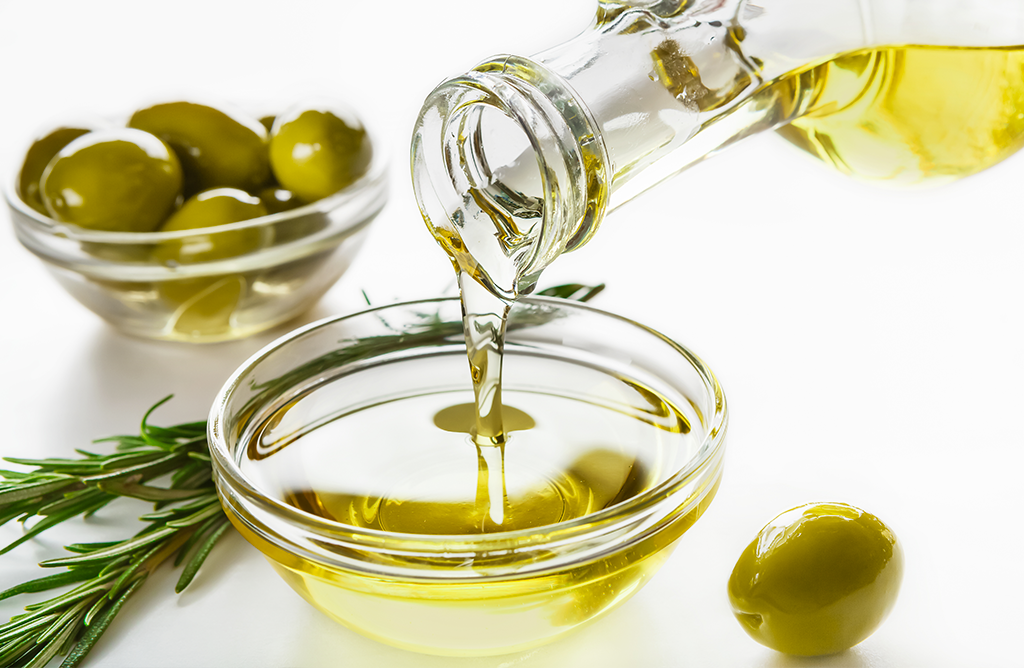The impact of olive oil on blood pressure and cholesterol levels
🗓 08.11.24

Olive oil is not just a staple in Mediterranean cuisine, it also offers significant health benefits, particularly in managing blood pressure and cholesterol levels.
Here’s how olive oil can positively influence your cardiovascular health.
1. Lowering Blood Pressure:
Olive oil, especially extra virgin olive oil (EVOO), contains polyphenols, which are powerful antioxidants known to promote cardiovascular health. Studies have shown that regular consumption of olive oil can help reduce blood pressure levels. The mono-unsaturated fats (MUFAs) in olive oil can also contribute to improved blood vessel function and dilation, aiding in blood pressure regulation.
2. Improving Cholesterol Profiles:
* Boosting HDL (good) cholesterol: Olive oil is rich in healthy monounsaturated fats, which can increase high-density lipoprotein (HDL) cholesterol levels. HDL cholesterol helps remove low-density lipoprotein (LDL) cholesterol (the “bad” cholesterol) from the bloodstream, thereby reducing the risk of heart disease.
* Reducing LDL (bad) cholesterol: While olive oil doesn’t directly lower LDL cholesterol, it can help prevent LDL particles from oxidizing, a key step in the process of atherosclerosis (plaque buildup in arteries). The antioxidants in olive oil, such as vitamin E and polyphenols, play a role in this protective effect.
3. Additional Cardiovascular Benefits:
* Blood clot prevention: Olive oil may help prevent excessive blood clotting, which can lead to heart attacks and strokes.
* Regulation of blood sugar levels: The MUFAs in olive oil can help improve insulin sensitivity and regulate blood sugar levels, which is beneficial for those with diabetes or at risk of developing diabetes.
Incorporating Olive Oil into Your Diet
To reap the cardiovascular benefits of olive oil, aim for incorporating it into your daily diet in place of saturated and trans fats. Choose extra virgin olive oil for its highest concentration of antioxidants and health-promoting compounds. Consider using it in salad dressings, drizzling over cooked vegetables, or using it as a dip for bread.
Incorporating olive oil into your diet can have significant positive effects on blood pressure and cholesterol levels, promoting heart health and overall well-being. By making simple dietary changes, such as replacing less healthy fats with olive oil, you can support a healthier cardiovascular system and enjoy the delicious flavors that olive oil brings to your meals.

